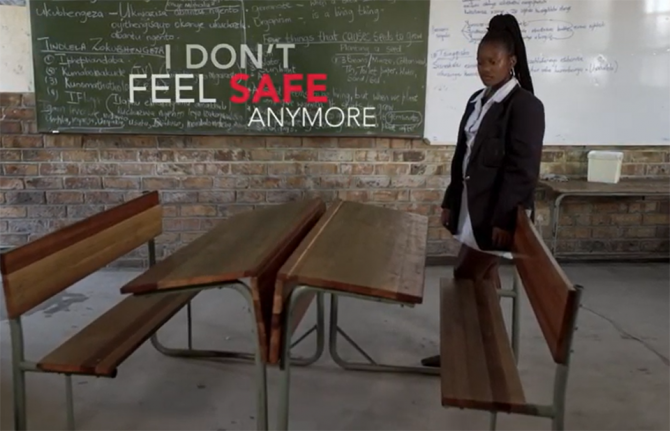

Feature Story
When will men stop thinking that women’s bodies are their property?
09 April 2020
09 April 2020 09 April 2020Restrictions in movement, social isolation and increased socioeconomic pressures around the world have led to an increase in violence against women and girls since the start of the COVID-19 pandemic. As the United Nations Secretary-General António Guterres said, “Peace is not just the absence of war. Many women under lockdown for COVID-19 face violence where they should be safest: in their homes.”
Before the COVID-19 outbreak, at least one in three women and girls experienced physical and/or sexual violence, one of the most widespread human rights violations in the world. In areas with a high prevalence of HIV, intimate partner violence has been found to increase the risk of women acquiring HIV by 50%. Ending violence against women and girls must be a priority everywhere.
The United Nations has asked that governments dedicate funding in national COVID-19 response plans for domestic violence shelters, increased support for call-in lines, including text services, so reports of abuse can take place discreetly, online legal support and psychosocial services for women and girls. As UNAIDS knows well, these services are usually run by civil society organizations and community-led networks, which now need financial support more than ever. Finally, shelters should be designated as essential services and kept open, in the same way that pharmacies and food shops are.
When hundreds of millions of women and girls continue to be subjected to abuse and violence, it comes at a huge cost to themselves and to their families, communities, societies and economic development.
“We need to break this vicious cycle of violence, abuse and inequality,” said Winnie Byanyima, UNAIDS Executive Director, in a recent opinion piece. She added that there can be no impunity and survivors must be heard and justice must be done.



